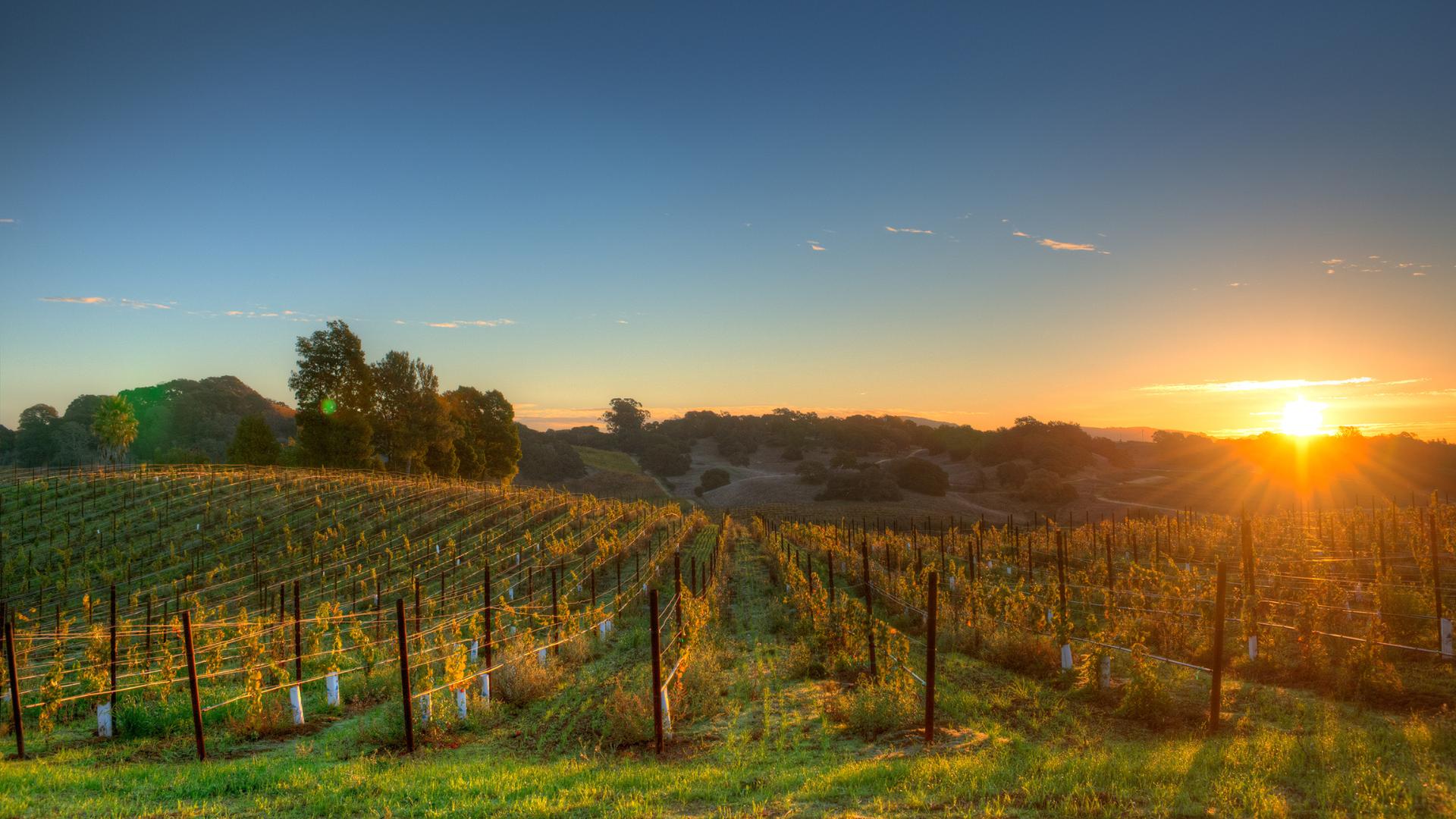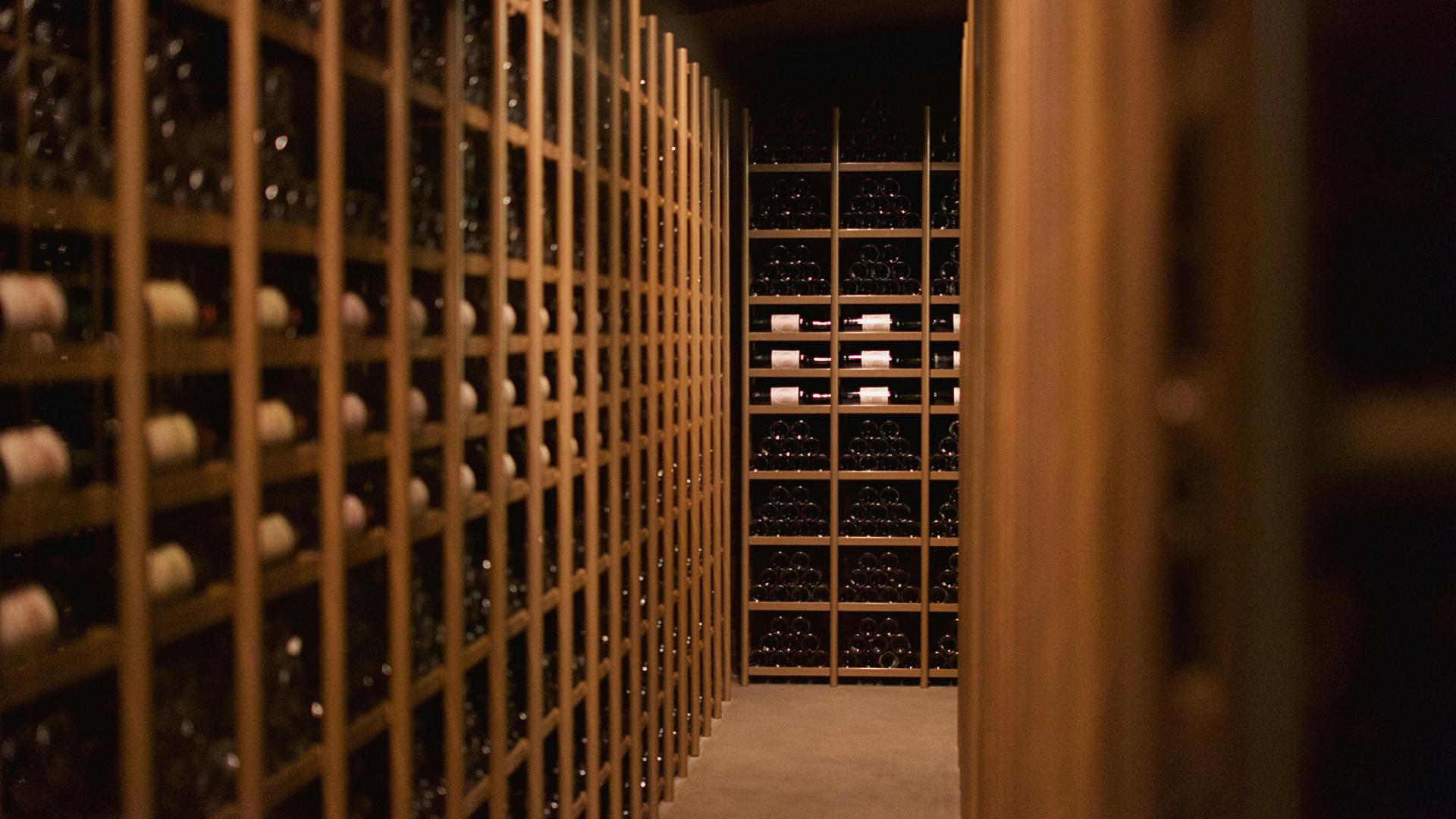
In the modern world of wine, the rise of wine influencers has transformed the traditional landscape. These wine enthusiasts, often amateurs turned experts, use digital platforms to share their knowledge, recommendations and experiences. The growing importance of digital marketing has enabled these influencers to become key players in the wine sector, changing the way consumers discover and choose their wines.
The emergence of wine influencers
A wine influencer is someone who uses their expertise and passion for wine to guide and inform a loyal audience about the best practices, products and trends in the industry. The first influencers emerged with the advent of blogs and social networks, where they began to share reviews, wine pairings and vineyard visits. Their initial impact was significant, as they offered an authentic and accessible point of view, often closer to consumers than traditional critics.
Example: Aurélia Filion, known for her blog “La Bonne Franquette”, began by sharing tasting notes and recommendations for affordable wines. Today, she collaborates with renowned wineries and influences thousands of consumers.
Winning strategies for wine influencers
Social networks, such as Instagram, YouTube and TikTok, play a crucial role in the strategy of wine influencers. These platforms make it possible to reach a wide audience with attractive visual content and engaging videos. Collaborations with brands are also essential: influencers work with wineries, producers and distributors to promote specific products.
According to a study by Wine Intelligence, 68% of wine consumers follow at least one wine influencer on social networks, and 45% say they have bought a wine following a recommendation from an influencer.
The key to their success lies in creating authentic, educational content. By sharing in-depth knowledge of grape varieties, winemaking techniques and food pairings, influencers build solid credibility and a relationship of trust with their audience.
The impact of influencers on consumers
The influence of these players in the wine world on consumers is undeniable. They change consumer habits by introducing their subscribers to new wines and making the world of wine more accessible and less intimidating. Influencer recommendations carry considerable weight, often more than traditional advertising. By offering honest opinions and personal accounts, they help consumers make purchasing decisions, contributing to the growth of certain brands and wine regions.
Example: The marketing campaign of champagne house Veuve Clicquot, which collaborated with several wine influencers, saw sales increase by 30% after a series of targeted publications on Instagram.
The challenges and criticisms faced by wine influencers
Despite their success, wine influencers face a number of challenges. Credibility and authenticity are often called into question, especially when commercial partnerships are at stake. Critics sometimes point to a certain superficiality in recommendations, suggesting that the quest for visibility can take precedence over objectivity. In addition, regulations around advertising and transparency are becoming increasingly strict, forcing influencers to be clear about their relationships with brands to avoid confusion among consumers.
The future of wine influencers in the wine industry
To sum up, wine influencers have carved out an important place for themselves in the wine industry thanks to their authenticity, expertise and ability to engage their audience. They have transformed the way consumers discover and appreciate wine, while posing new challenges in terms of credibility and transparency. The future promises many opportunities for these passionate individuals, who will continue to shape the wine landscape through innovation and education.
Wine Services: future partner for tracking wine influencers
Wine Services plans to address the need to follow these wine influencers, and to extend media monitoring to social networks. As a leader in wine and champagne data collection, we understand the importance of staying on top of digital trends for our customers. It’s essential for wine brands to monitor their presence and impact on consumers.
Why keep an eye on wine influencers?
Monitoring wine influencers enables brands to better understand market dynamics and identify opportunities for collaboration. By tracking trends and conversations around their products, brands can adapt their marketing strategies to maximize reach and engagement.
Example: An organic wine brand can identify an influencer specialized in natural wines for a collaboration, which will increase its visibility among a target audience already aware of this type of product.


